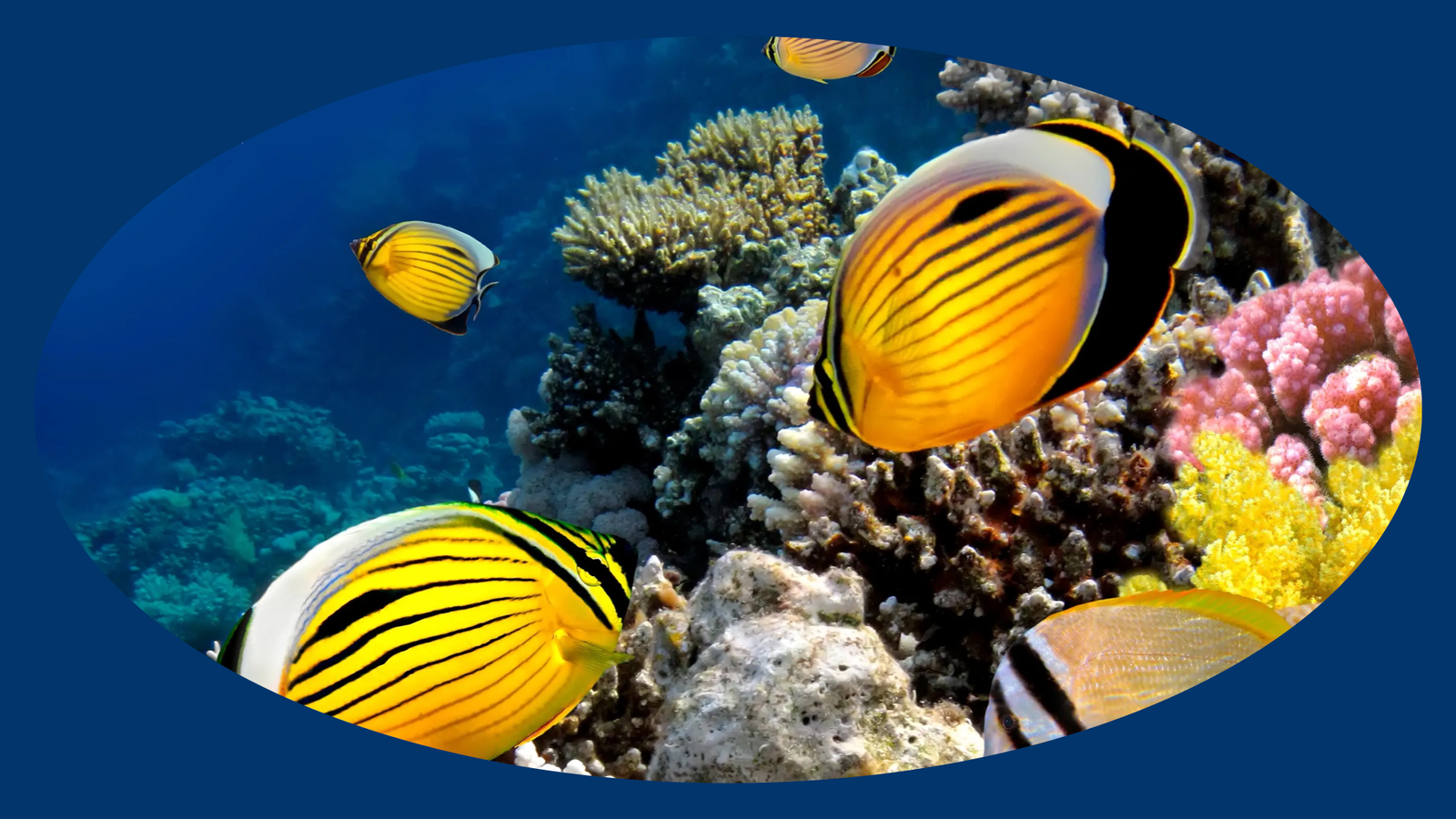Coral reefs are some of the most diverse and important ecosystems in the world, but they are under threat from a range of environmental factors. From global warming to overfishing, coral reefs are in serious danger. To make matters worse, coral-eating creatures like the butterflyfish are proliferating, posing an additional threat to the ecosystem. However, a recent study from Rice University in the United States has revealed an unexpected relationship between these coral-eating fish and symbiotic algae.
The research team had initially assumed that the butterflyfish and coral had a predator-prey relationship. However, they also suspected that there might be a symbiotic relationship between the two. They discovered that the butterflyfish does not digest the symbiotic algae found in coral. Instead, it passes them out intact in its excrement, which not only provides nutrients but also offers the potential for symbiotic algae to settle in new hosts. This discovery has opened up new possibilities for coral reef restoration.
Coral may appear to be a plant or mineral, but it is, in fact, an animal that obtains energy through photosynthesis. Symbiotic microorganisms, such as dinoflagellates, perform photosynthesis, providing the coral with the energy it needs to survive. The coral, in turn, provides a safe habitat for the algae and carbon dioxide. It’s a mutually beneficial relationship that’s vital to the health of coral reefs.
The symbiotic relationship between the butterflyfish, coral, and algae is unexpected because the butterflyfish eats and digests coral. However, the symbiotic algae found in the coral are not digested, and instead, they pass through the fish’s digestive system intact. As a result, the butterflyfish’s excrement contains not only fertilizer but also plenty of symbiotic algae. A single butterflyfish can spread enough symbiotic algae to provide nutrients for 100 million algae, enough to park six cars. This discovery has significant implications for coral reef restoration efforts.
Coral reefs require symbiotic algae to survive, and when under stress, they can expel all the symbiotic algae and turn white, a process known as bleaching. The loss of symbiotic algae can be fatal to coral. By using fish waste to help grow symbiotic algae, researchers believe it could be possible to restore damaged coral reefs. With the symbiotic algae able to settle in new hosts, fish excrement could be a natural and effective way to help coral grow and restore damaged coral reefs.
The relationship between coral-eating fish, algae, and coral is complex and fascinating, and this discovery highlights the importance of understanding the intricate relationships that exist in the natural world. As we work to protect and restore coral reefs, it’s important to keep an open mind and explore all the possibilities that nature has to offer.

